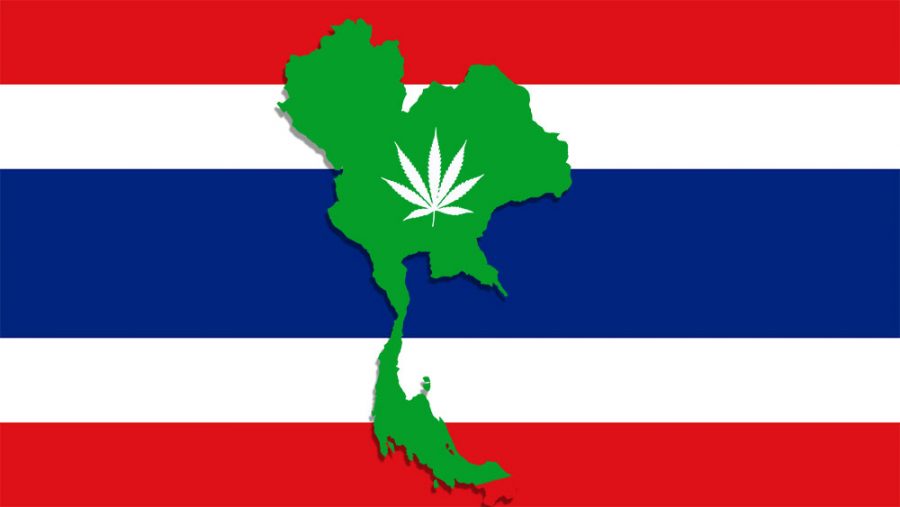Thailand becomes first-mover to decriminalize cannabis in Asia
Last month, the Kingdom of Thailand went down in history as the first-ever Asian country to pass the de facto decriminalization of cannabis.
Cannabis’ elimination from the Thai Health Ministry’s list of controlled drugs was formally announced by Health Minister Anutin Charnvirakul.
He is renowned for being the leader of the Bhum Jai Thai Party, which served as the primary driver in the country’s legalization of medical cannabis back in December 2018.
The latest delisting of cannabis in Thailand, which was carried out by the ministry’s Food and Drug Administration, occurred after the plant was eradicated from the list of illegal drugs under Thailand’s Narcotics Law.
Anutin must now sign the decriminalization law, before it is effectuated 120 days post-publication in the Thai government’s gazette. However, due to a lack of clarity from authorities, many question marks still hover over the plant’s recreational use.
Status of recreational cannabis in Thailand is hazy
Although the news of cannabis decriminalization in Thailand demonstrates hope for the Southeast Asian country’s budding legal industry, the true status of adult-use cannabis remains uncertain.
Why? Because cannabis production and possession is still tightly regulated under U.S. federal law, thus making the specifics somewhat confusing.
For example, when reporters from The Associated Press recently reached out to attorneys and law enforcement officials, they were told that it remains uncertain as to whether or not cannabis possession will result in arrest.
Although cannabis is much more widely tolerated across Thailand nowadays, parts of the plant that contain more than 0.2% of THC by weight are still heavily controlled by the Health Ministry.
Updates to Thailand’s cannabis laws in 2020 triggered a wave of change
In 2020, Thailand became the first Asian nation to decriminalize medical cannabis production and consumption; albeit under tight controls. Based on the rule changes, many of the plant’s primary components were stripped from the “Category 5” list of controlled narcotics.
However, buds and seeds – two parts that are often connected with recreational use – remained on the list. Moving forwards, the FDA-implemented proposal seeks to eliminate all of the plant’s components from the list.
The FDA’s controlled drug list update “responds to the government’s urgent policy in developing [cannabis] and hemp for medical and health care benefits, developing technology and creating income for the public,” Anutin told reporters.
His party confirmed that it will introduce a draft Cannabis Act to Parliamentary members as a way of confirming the plant’s legal status.








